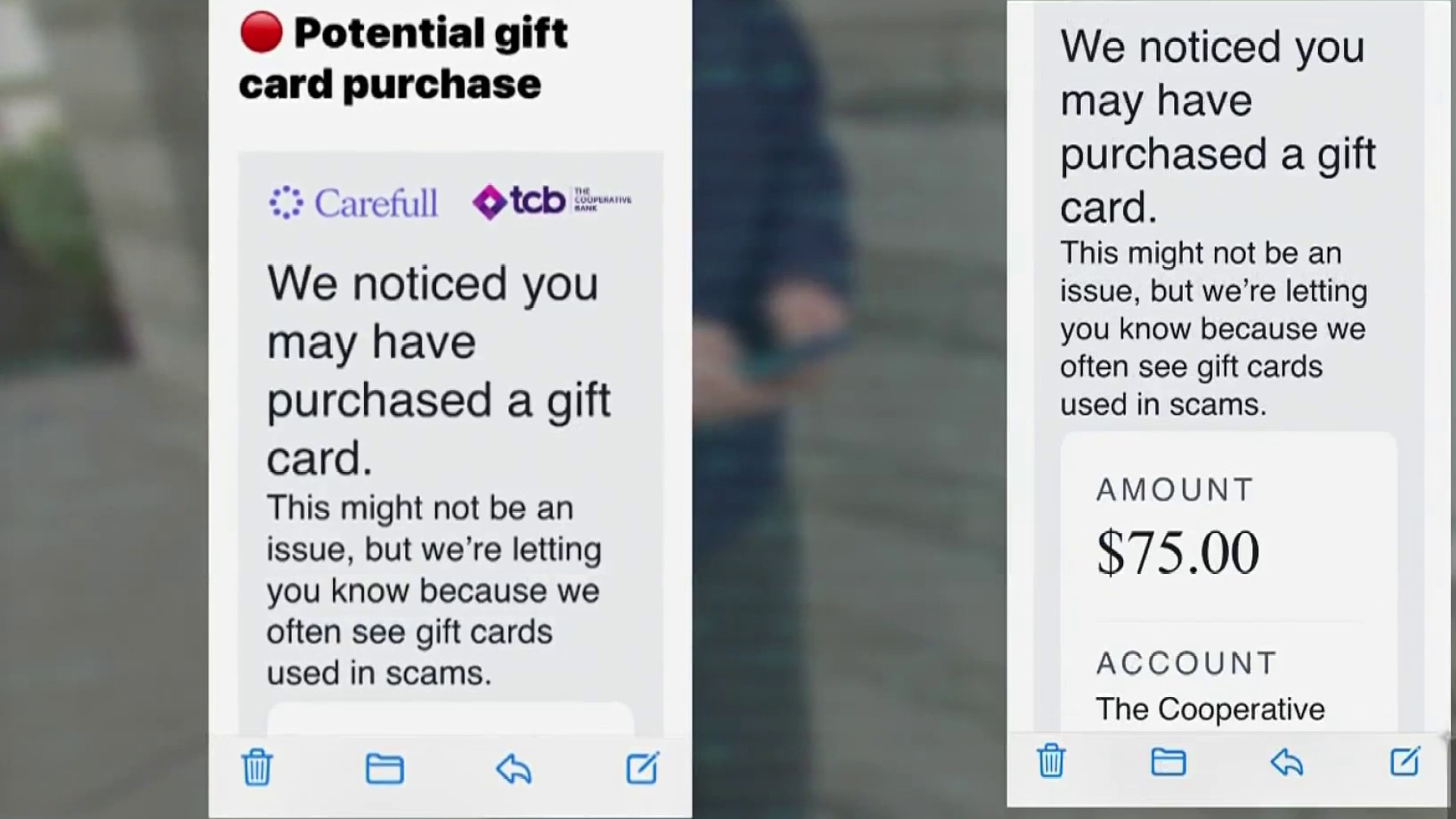Some local drivers are caught in the middle of the battle between automakers and the Massachusetts Right to Repair law.
And as a result, they don’t have access to safety features in their vehicles.
Fred Myers of Stoneham wants to get something done about it. He was involved in a serious car accident in June on Route 16 in New Hampshire.
“The car spun, it hit the side of the road and flipped over on the driver's side,” says Myers. “Frankly, I’m lucky to be alive.”
Get New England news, weather forecasts and entertainment stories to your inbox. Sign up for NECN newsletters.
He credits the advanced digital safety features in his Subaru with getting him the help he needed.
“A young man came on the radio and said, Mr. Myers, are you OK? And I said, yes,” he recounted. “He said, get out of the car and I will do the rest. And...was a matter of minutes before the police, a fire engine or an EMT all showed up. And it's a good thing because my phone was buried in the car somewhere. I don't know what would have happened had I not had Starlink.”
But when he bought a new Subaru in July, he learned from the dealership that the Starlink in-vehicle technology system could not be activated.
“Just as we’re leaving, the salesmen going through all the car and said, by the way, you no longer have Starlink,” says Myers.“I said, what? Why? He said, well, part of the Right to Repair bill.”
Have a consumer complaint? Reach out to the NBC10 Boston Responds team online or call 1-888-521-NEWS.
Massachusetts voters approved the Right to Repair law in 2020, requiring car makers to allow consumers and car repair shops wireless access to the vehicle’s telematic data, so independent shops can service the vehicles.
“And starting earlier this year, the Massachusetts Attorney General has decided to enforce that law and the will of the Massachusetts voter,” says Nathan Proctor, senior director of U.S. Public Interest Research Group Campaign for the Right to Repair. “Since that time, some of the automakers, in order to escape the requirements of the law, have turned off their internet connectivity features altogether...to prevent having to share that data with the car owner or with a third party of that car owner’s choice.”
Massachusetts residents purchasing new Subarus no longer have the Starlink option.
Subaru tells us:
We look forward to a resolution that allows us to get back to providing the products and services our Massachusetts customers love. In the meantime, Subaru stands by its commitment to consumer choice when it comes to repairing vehicles. Unfortunately, compliance with the Massachusetts data law is impossible for any automaker. As a result, to avoid violating this new law, Subaru stopped offering telematics services to Massachusetts customers purchasing new vehicles. Being forced into that decision was a disservice to both our retailers and our customers, especially as access to telematics data is not necessary to diagnose or repair any Subaru vehicle.
“Subaru is saying that the reason why they're turning off these telematic features, these internet enabled features on the car, is because that it's not safe to share that information with the car owner and the way the bill works, they couldn't comply with it safely,” says Proctor.
“I don't know if I can make them, or any other lawmaker can make them offer this particular service to their customers. ...and I wonder if this is just kind of gamesmanship over the way that this law is going to be enforced.”
The National Highway Traffic Safety Administration says it worked with the Massachusetts Attorney General to identify a means of compliance with the law that would not be preempted and does not involve disabling telematics.
The Attorney General’s office referred us to evidence presented at trial during an in-vehicle data access lawsuit outlining multiple approaches by which a vehicle manufacturer might implement Right to Repair without violating the Motor Vehicle Safety Act or any other federal law. But due to ongoing litigation, said it could not comment further.
Drivers like Myers are wondering just how long this will go on.
“It's absolutely not right,” says Myers. “And obviously you understand the importance of this based on what happened to me.”
“What he's doing now talking to the media, telling his story, putting pressure on these companies will be helpful,” says Proctor. “ I also think that it's incumbent upon the regulators to just finalize the regime that they're going to put in place for these carmakers, because once the carmakers know exactly how this law is going to be handled and enforced, they'll figure out a way to comply with it and then offer the features that they know their customers want.”
Subaru is not the only car maker disabling in-car wireless technology systems from new models sold in Massachusetts, and the move does come at a cost to the automakers. Consumers pay around $100 or more a year for these subscription services.



